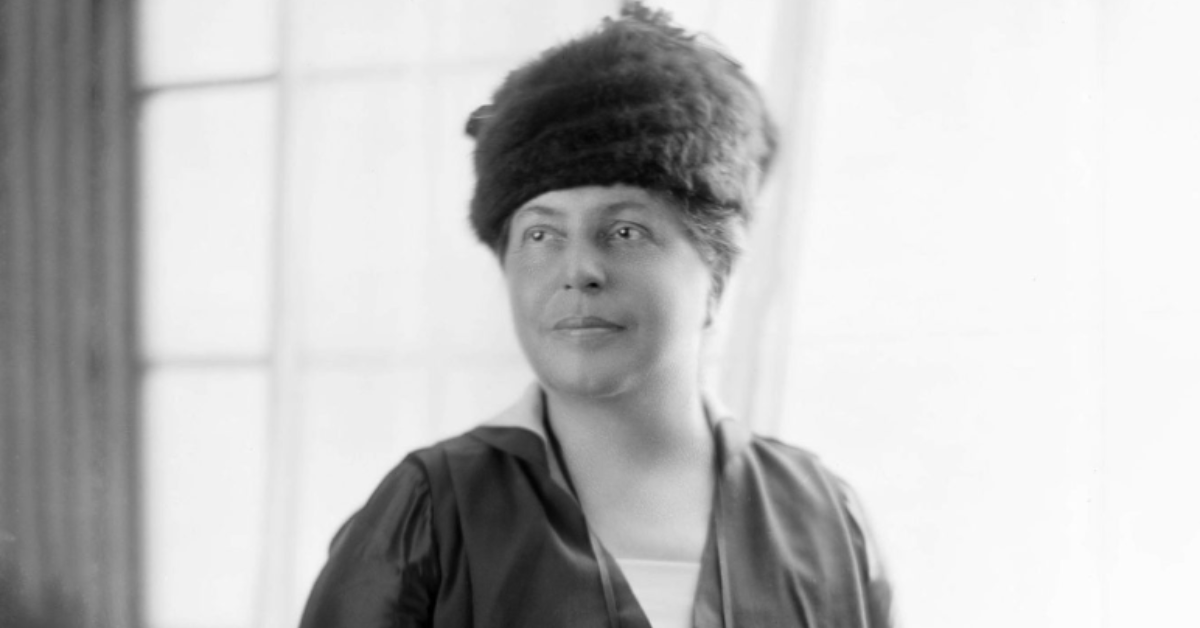
In honor of this year’s Jewish American Heritage Month, at a time when antisemitism in America has reached alarming levels, we are proud to honor the important contributions of Lillian Wald. Recognized as a health equity pioneer in community health nursing, she coined the term “public health nurse” in 1893 to describe nurses whose work is closely integrated with the community. Among her greatest accomplishments was her founding of the Henry Street Settlement in New York City in 1894. To this day, Henry Street Settlement continues to provide health care services, social services and arts programs to vulnerable New Yorkers, and its nursing service eventually developed into Visiting Nurse Service of New York/VNS Health (one of today’s largest nonprofit home and community-based health care organizations in the United States).
Lillian Wald was born in 1867 to a German-Jewish family in Cincinnati, Ohio, and as a young girl in 1878 she moved to Rochester, New York. She graduated from the New York Hospital Training School for Nurses in 1891, and then took classes at the Woman’s Medical College. A catalyst to her career in public health can be tied back to a devastating experience with the daughter of one of her students. One morning, the young girl came to her classroom in tears, saying her mother was sick. Wald followed the child to a dilapidated tenement and found the child’s mother hemorrhaging after having recently given birth, while the mother’s doctor abandoned her because she could not afford to pay him. This experience, which Lillian Wald described as her first experience with poverty, caused her to dedicate herself to bringing nursing care (and subsequently education and access to the arts) to the impoverished immigrant community on Manhattan’s Lower East Side (at the time an extremely diverse and densely populated area that was also home to a very large Jewish immigrant population). Just one year later she founded the “Nurses’ Settlement” (now the Henry Street Settlement).
Her advocating for nursing in public schools resulted in the New York Board of Health to organize the world’s first public nursing system, and she was the first president of the National Organization for Public Health Nursing and helped found the Columbia University School of Nursing.
In addition to her public health career, she was also a strong advocate for the rights of women, children, immigrants and laborers, worked for women’s right to birth control and was part of the women’s suffrage movement. In 1909, she became a founding member of the National Association for the Advancement of Colored People (NAACP), and the Henry Street Settlement hosted the NAACP’s first major public conference. During World War I she became the Chairman of the Committee on Community Nursing of the American Red Cross and chaired the Red Cross campaign to end the Spanish Flu epidemic in 1918.
In 2021, the New York State Historic Preservation Office designated Henry Street Settlement’s headquarters at 265–267 Henry Street as an LGBT historic site (based on her romantic and platonic relationships with the women she affectionately called “The Family”).
Lillian Wald’s work has contributed greatly to public health and the rights of the marginalized, and we are pleased to highlight her important work.